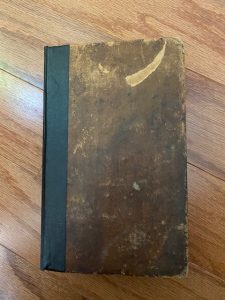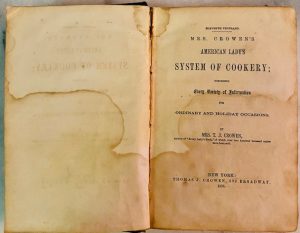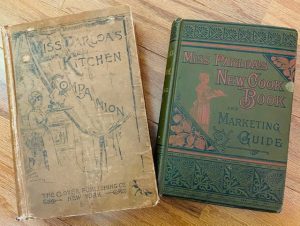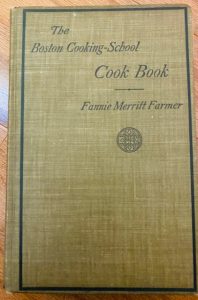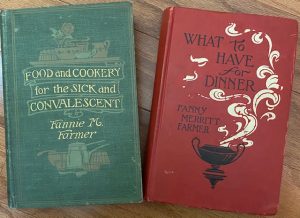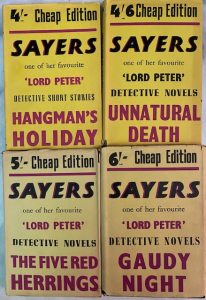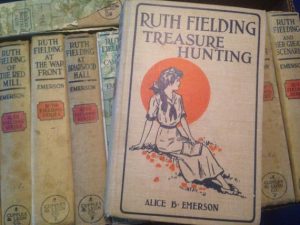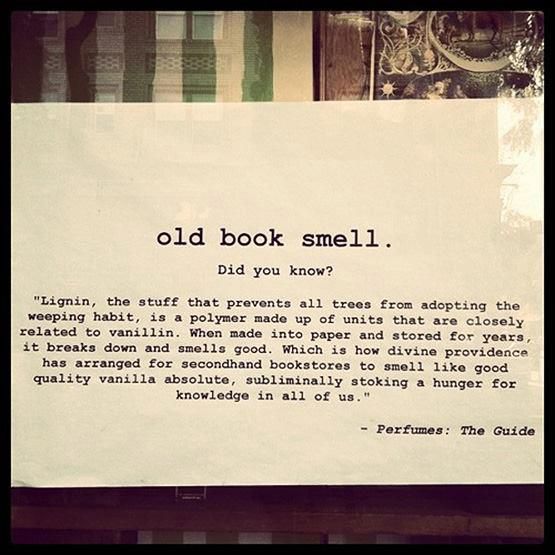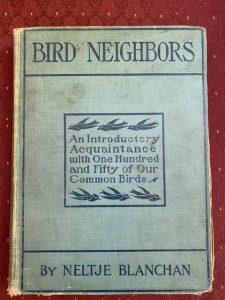

In my mind, smells are stronger than scents. But both are valuable to writers—and to those who just want to be aware of their surroundings.
Writers are urged to use sensory details. By and large, hands, eyes and ears are often used but noses less so. This in spite of the fact that psychology tells us that the sense of smell may be the most impressionable sense—the one most likely to evoke memories or moods.

It’s also important for survival, especially smells like smoke or rotten food. Researchers have hypothesized that pregnant women’s morning sickness may be a result of a heightened sense of smell developed as a temporary defense measure.
Researchers have used math to give system and order to odors, though they can’t seem to agree on the system and order.
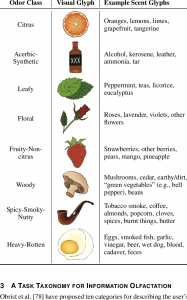
According to one lab, there are eight basic scents:
- Floral
- Fruit-like
- Synthetic
- Citrus
- Green-vegetative
- Woody
- Spice
- Rotten
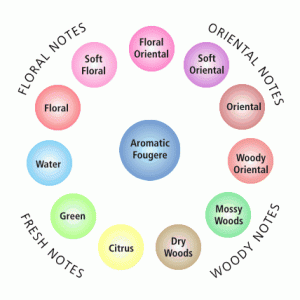
Other researchers name ten basic scents:
- Woody/resinous
- Lemon
- Non-citrus fruity
- Chemical
- Minty/peppermint
- Sweet
- Popcorn
- Pungent
- Decayed
Interesting as these categorizations might be—especially the little overlap between these two sets—people are likely to think of odors on totally different dimensions. Much of the work on odors stems from the 1980s work of psychologist William Cain, at Yale University.
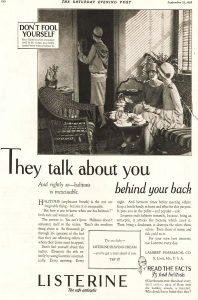
Of course, marketers have found ways to capitalize on our associations with various scents. Listerine was used as a floor cleaners until the manufacturers started a campaign of social shaming against halitosis and added a “minty-fresh” scent. Laundry detergent, floor soap, toothpaste, pet food, trash bags, tea, and just about anything else you can think of has chemically added fragrances so consumers will associate the product with pleasant memories.
Shopping malls and amusement parks pipe various scents into the air at specific locations to encourage spending or guide traffic flow. Grocery stores often position bakeries or flower shops just inside the entrance so that shoppers are bombarded with smells of fresh flowers or baking bread (both departments often run at an individual loss).

Film and game makers have tried to cash in on this as well, with mixed results. Smell-O-Vision and AromaRama were attempts to rig cinemas to release scents in time with scene changes in a movie. (This was not very successful.) Virtual reality developers are toying with the possibilities of headsets surrounding players with the smells of a video game as well as the sights and sounds.
Words that describe pleasant smells
- Ambrosial
- Aromatic
- Bouquet
- Delicious
- Floral
- Fresh
- Fragrant
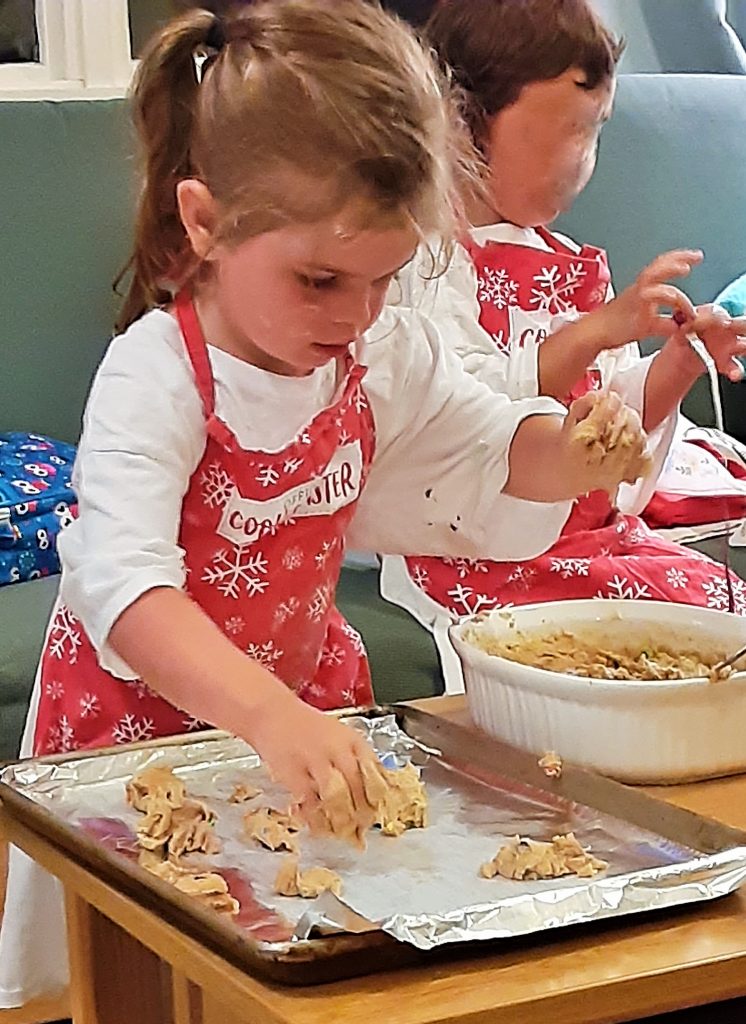
- Perfumed
- Rich
- Savory
- Scented
- Sweet
- Tangy
Words that describe unpleasant smells
- Acrid
- Damp
- Fetid
- Frowsty
- Malodorous
- Musty
- Musky
- Nasty
- Nauseating
- Noisome
- Overpowering
- Pungent
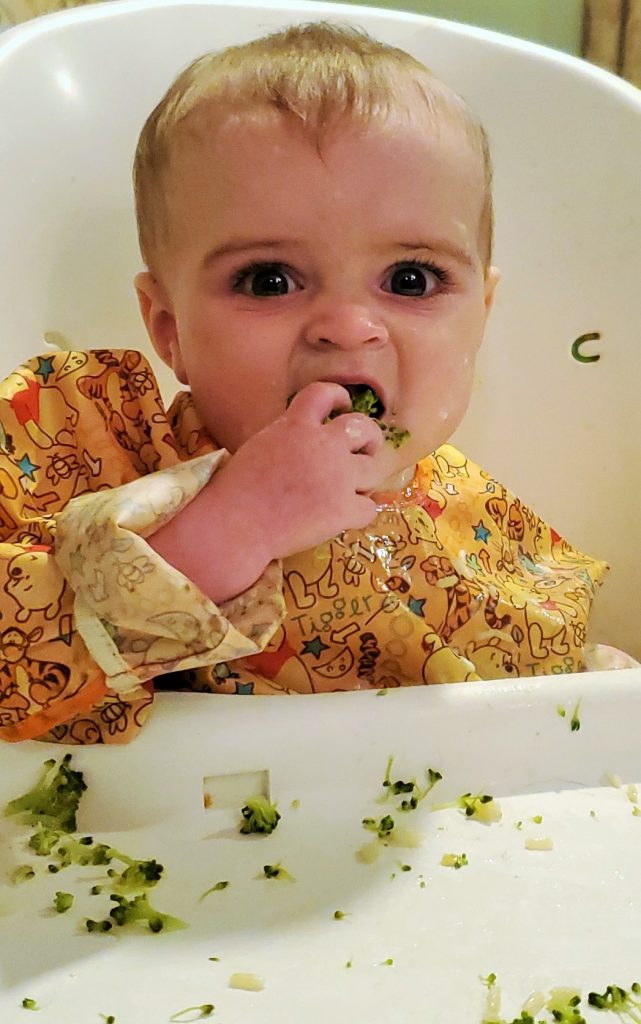
- Putrid
- Rancid
- Rank
- Ripe
- Sickly
- Smelly
- Sour
- Stale
- Stench
- Stinking
- Stuffy
Things that smell bad
- Trashcans
- Drains
- Body odor
- Sewage
- Vomit
- Spoiled milk
- Rotting food
- Public toilets
- Diapers
- Fish
- Exhaust fumes
- Blood
- Open intestinal wounds
- Rotten teeth
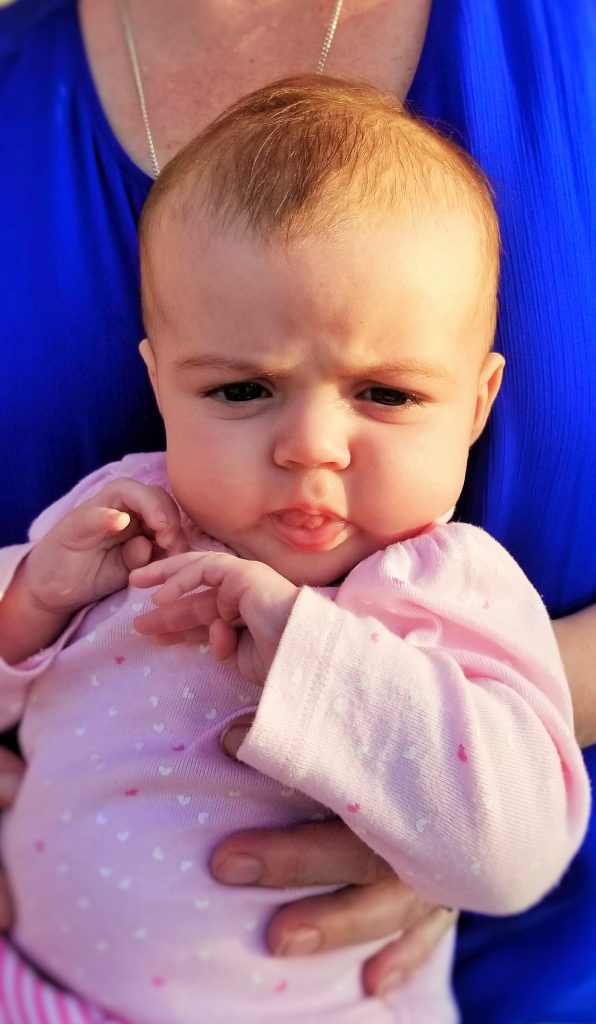
- Old exercise shoes
- Bleach
- Manure
- Morning breath
- Plastic burning
- Garlic breath
- Bleu cheese
- Locker rooms
- Diapers
- Wet dogs
- Mildew
- Old eggs
- Nail polish
- Mothballs
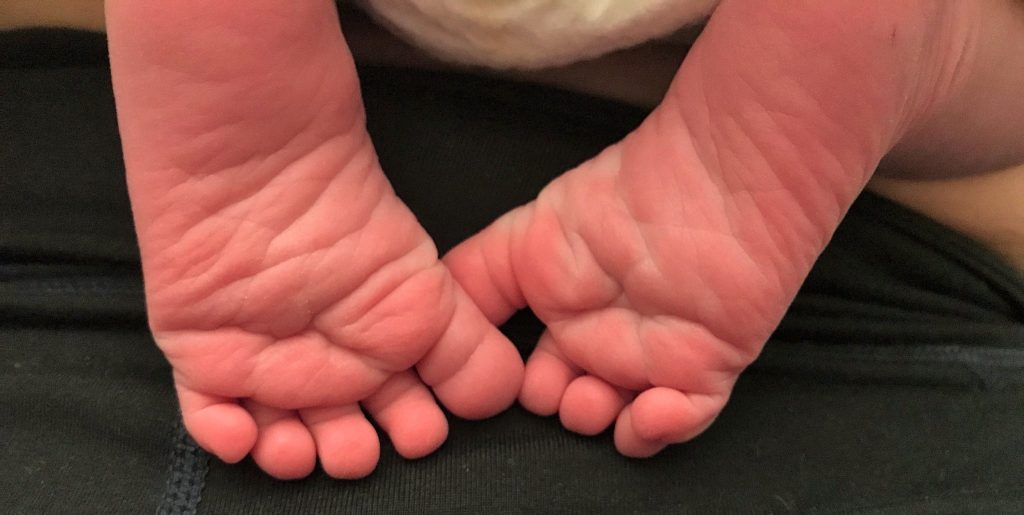
Favorite smells
(At least in Great Britain, according to a Daily Mail poll)
- Freshly baked bread
- Bacon
- Freshly cut grass
- Leather
- Cakes baking in the oven
- The seaside
- Freshly washed clothes
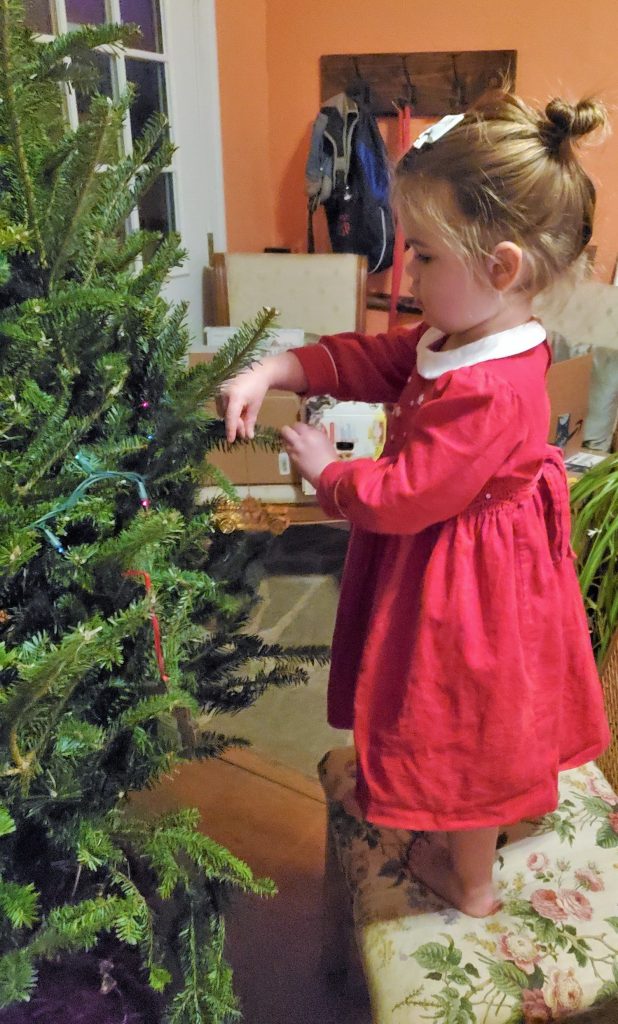
- Roses
- Vanilla
- Scented candles
- Log fires
- Lavender
- Lemon
- Chocolate
- Barbecue
- Cinnamon
- Sunday roast
- New car
- Orange
- Freshly washed hair
- Coconut
- Freshly cleaned house
- Leather
- Rain
- Aftershave
- Christmas cake
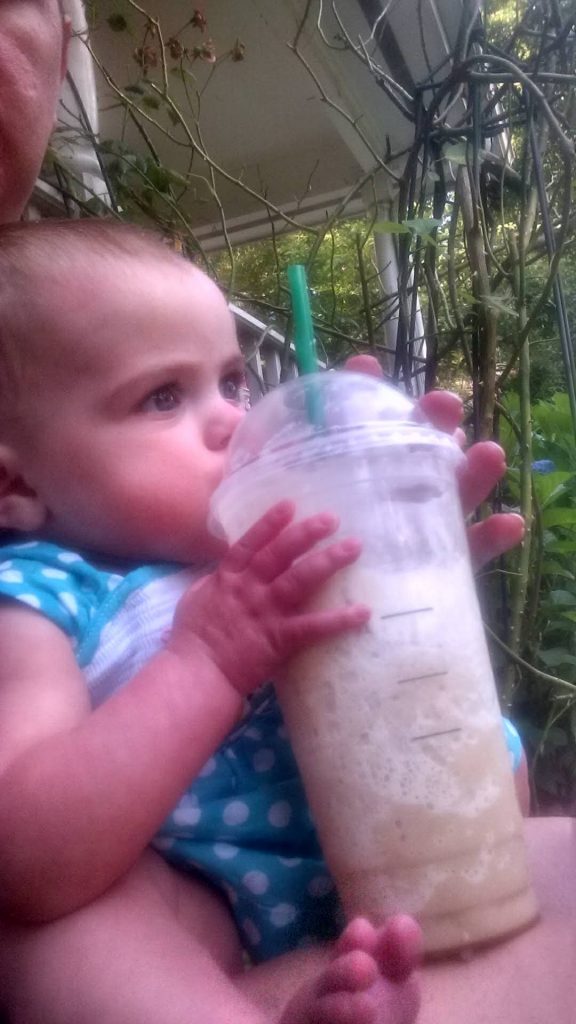
- Cotton
- Shampoo
- Cherry
- New carpets
- Marzipan
- Musk
- Popcorn
- Furniture polish
- Wine
- New house
- Fresh flowers
- New books
- Lime
- Doughnuts
- Bonfires
- Sun screen
- Tea

- Fish and chips
- Cheese
- Cookies
- Gasoline
- Matches
- Strawberries
- Lilies
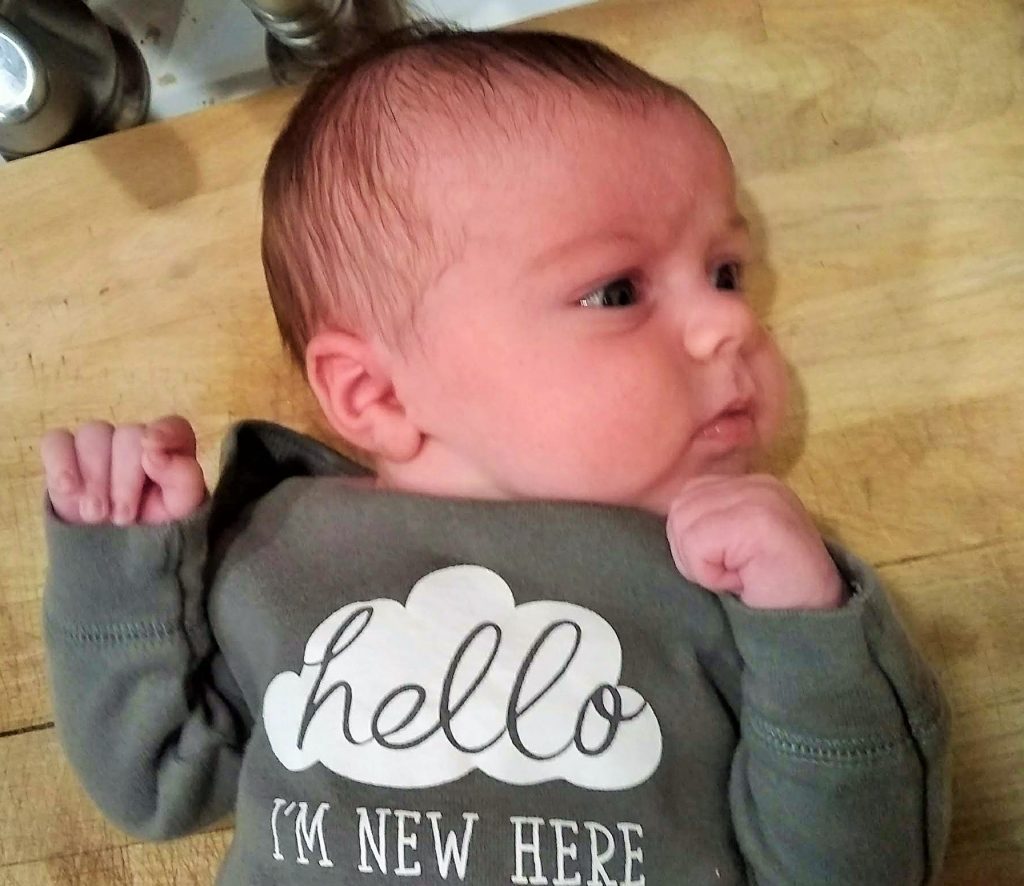
- NOTE: What one person finds pleasant might be unpleasant to another. Several of these “favorite smells” also appear in lists of unpleasant odors, such as fish and bleu cheese.
Words that smell like something
- Citrusy
- Coppery
- Earthy
- Fishy
- Flowery
- Fruity
- Gamy
- Garlicky
- Leathery
- Lemony
- Medicine
- Minty
- Musky
- Peachy
- Smoky

Words that modify smells
- Aromatic
- Cloying
- Comforting
- Delicate
- Evocative
- Faint
- Heady
- Heavy
- Intoxicating
- Laden
- Piquant
- Powerful
- Redolent
- Reek
- Savory
- Whiff

- And if it has no smell: anosmic
Name that scent!
Maybe, for the sake of efficiency (and word count) you want to evoke a smell with as few words as possible. If so, you might look for the world’s most recognizable smells—these according to Buffalo, NY radio WYRK.
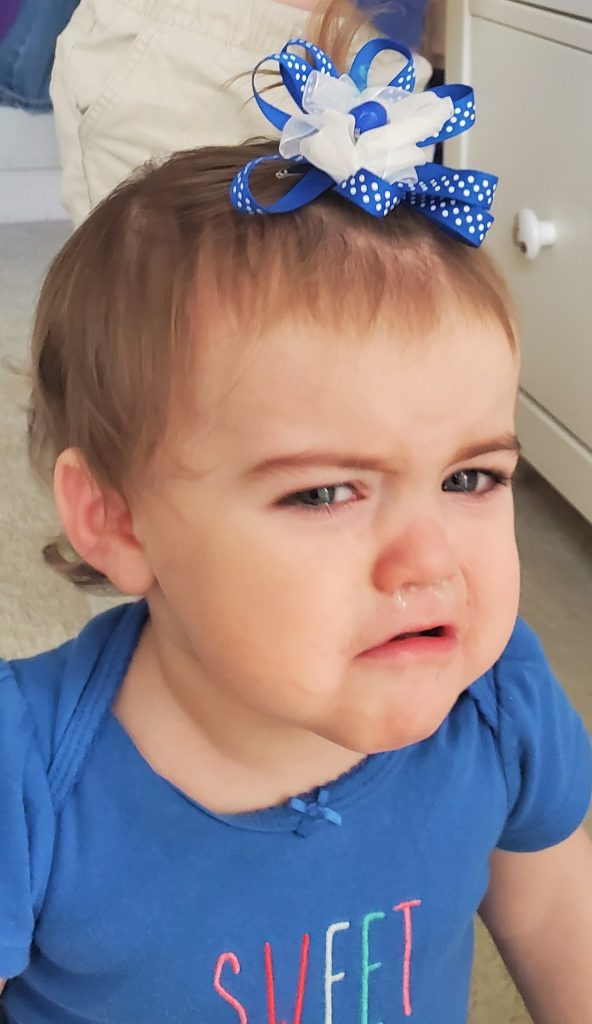
- Baby powder
- Banana
- Beer
- Beach
- Cheese
- Chocolate
- Cigarette butts
- Cinnamon
- Clean laundry
- Coffee
- Crayons
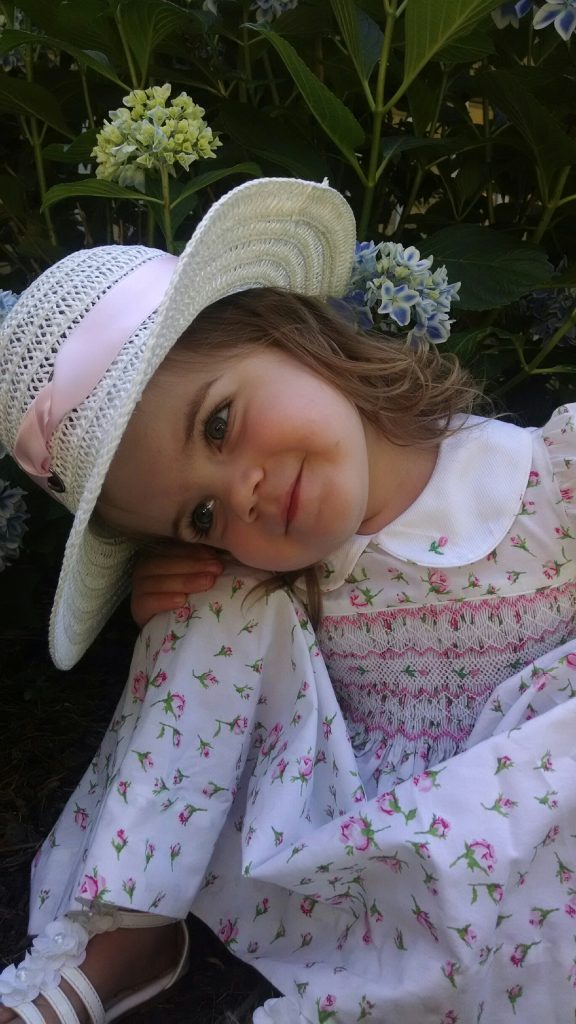
- Dry cat food
- Freshly mowed lawn
- Gasoline
- Ivory soap
- Juicy Fruit gum
- Lemon
- Mothballs
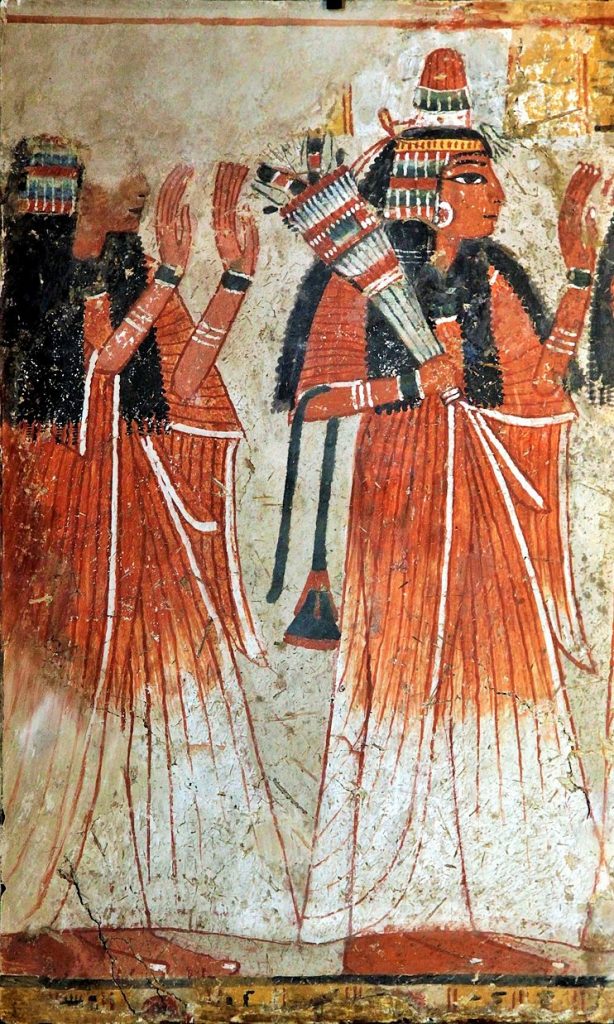
- Orange
- Peanut butter
- Skunk
- Thanksgiving turkey
- Tuna
- Vicks VapoRub
- Wintergreen oil
Note: Women are generally far superior to men in identifying smells, even such “male-leaning” smells like motor oil. In Cain’s work, women outperformed men in 66 of 80 trials.
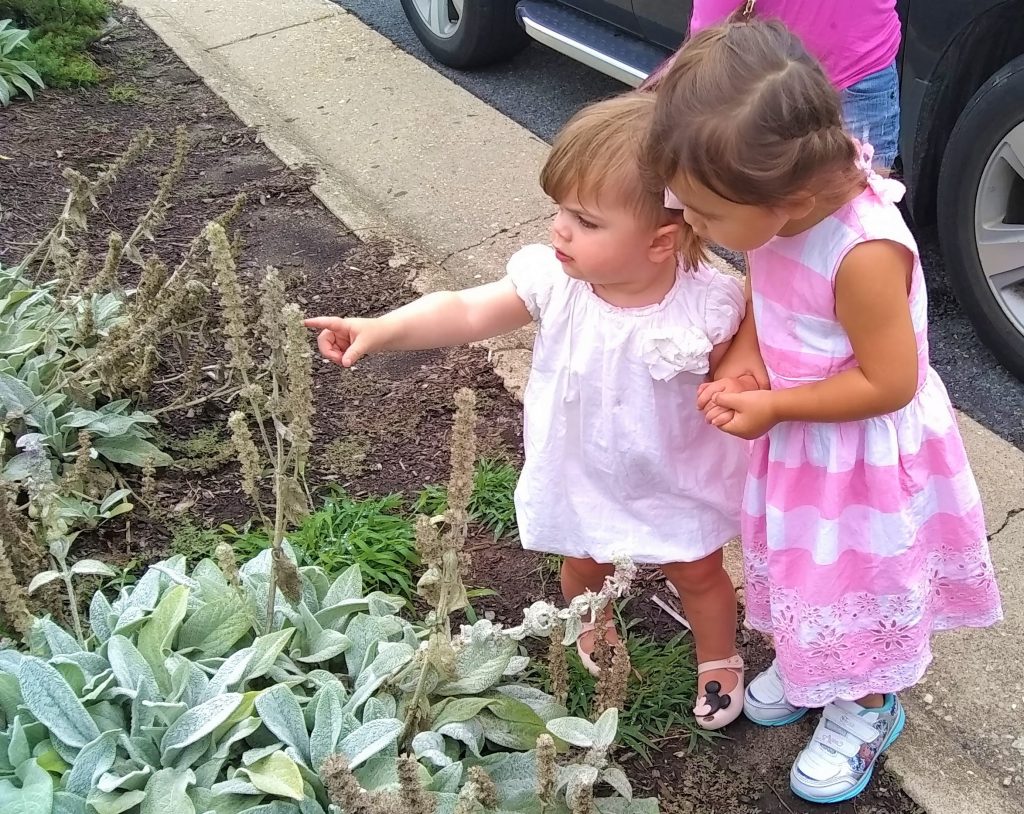
Bottom line for writers: The nose knows—and now you do, too!



